Controlling alcohol without The Trusts’ monopoly
Alcohol licenses in Auckland are governed by the Sale and Supply of Alcohol Act 2012 (SSAA) and Auckland’s Local Alcohol Policy (LAP) (once it clears all the legal hurdles). The SSAA effectively provides a default set of rules and the Local Alcohol Policy is a mechanism whereby stricter controls can be put in place for areas where they are required/desired.
We believe these licensing rules provide a robust, evidence based system of control over alcohol licensing. And whilst they are not perfect, they are certainly good enough that the additional layer of a monopoly licensing trust does not provide benefit.
The SSAA and the LAP are both big documents, so here are some of the key elements in an easy to read format.
License applications / renewals:
Sale and Supply of Alcohol Act 2012:
- All license applications are made to the District Licensing Committee (via Auckland Council)
- Applications are publicly notified at the proposed premises as well as in an approved newspaper (twice) or on an approved website (for at least 10 days)
- Members of the public may object to a license if they have a greater interest than the public generally (i.e. if they live nearby or are otherwise personally affected in some way)
- The Police, a Medical Officer of Health and a Licensing inspector are notified of every application and are required to inquire into the application
- The DLC decide whether to issue a license and must consider:
- Details of the proposed business and the suitability of the applicant
- The local alcohol policy
- Whether granting the license is in keeping with the object of the Act: that harm caused by excessive or inappropriate consumption of alcohol should be minimised
- Potential impacts on the amenity and good order of the surrounding area
- Any matters raised by the Police, Medical Officer of Health (Auckland Regional Public Health Service) or licensing inspector (Auckland Council)
- The DLC may refuse a license even if nobody has opposed it
- If a DLC decision is disputed, the decision can be appealed to the Alcohol Regulatory and Licensing Authority (ARLA)
Auckland’s Local Alcohol Policy:
Auckland’s LAP also requires an additional report to be prepared for some license applications – a “local impacts report”
- Local impacts reports are required for:
- All new off-license applications (except winery cellar doors)
- All new on-license applications outside city centre / metropolitan centres (except BYO restaurants)
- New on-license applications in city centre / metropolitan centres for Class 1 restaurants and taverns
- On-license renewals in priority overlay areas for Class 1 restaurants and taverns
- The local impacts report is intended to inform the DLC / ARLA about:
- Whether the license should be issued
- Conditions to include on the license
- Maximum hours of the license
- The local impacts report would include:
- Nearby licensed premises (how many, what sort)
- Sensitive nearby sites (schools, rehab facilities, marae)
- Nature and severity of alcohol related harm in the area
- A profile of the application including any steps the applicant is proposing to mitigate possible harm
- Local impacts reports would be prepared by Council’s licensing inspectors
Supermarkets and grocery stores:
Sale and Supply of Alcohol Act 2012:
Supermarkets and grocery stores may be issued with off-licenses.
- Dairies, petrol stations and convenience stores cannot be issued with off-licenses
- Supermarkets must have a floor area of at least 1000 m2
- Grocery stores are defined as businesses that principally sell food. The method for determining if a shop is a grocery store (and not a dairy or convenience store) is clearly prescribed in the legislation/ regulations
- In supermarkets and grocery stores, alcohol displays and promotions are restricted to a single area within the store
Maximum opening hours:
Sale and Supply of Alcohol Act 2012:
- Off-licenses = 7am to 11pm
- On-licenses = 8am to 4am
Auckland’s Local Alcohol Policy:
- Off-licenses = 7am to 9pm
- On-licenses:
- 8am to 4am (City Centre)
- 8am to 3am (elsewhere)
Location and density of off-licenses:
Sale and Supply of Alcohol Act 2012:
No specific limits or guidelines are provided in the legislation beyond the considerations of the District Licensing Committee:
- Whether granting the license is in keeping with the object of the Act: that harm caused by excessive or inappropriate consumption of alcohol should be minimised
- Potential impacts on the amenity and good order of the surrounding area
Auckland’s Local Alcohol Policy:
The Local Alcohol Policy restricts the issue of new off-licenses outside town centres and in areas where there evidence of greater levels of alcohol-related harm.
The specific measures in the LAP are:
- A rebuttable presumption against new off-licenses in ‘neighbourhood centres’ (i.e. small sets of shops in residential areas)
- That means that applications for new off-licenses can be expected to be refused (though the applicant has an opportunity to convince the DLC otherwise)
- A temporary freeze (i.e. no new licenses) for 2 years in the city centre and the priority overlays
- At the conclusion of the temporary freeze, a rebuttable presumption against new licenses will take effect in the city centre and the priority overlays.
Priority Overlay areas in the Local Alcohol policy
The Local Alcohol Policy defines a set of Priority Overlay areas where there is evidence of greater levels of alcohol-related harm. These areas include the main business centre zones for each area and also a 200 metre radius around the outside of that zone.
Areas included in the priority overlay are [West Auckland suburbs in bold]:
- Avondale
- Clendon
- Glen Eden
- Glen Innes
- Helensville and Parakai
- Henderson
- Hunters Corner
- Māngere
- Māngere East
- Manukau
- Manurewa
- Mt Wellington
- Oranga
- Ōtāhuhu
- Ōtara
- Panmure
- Papakura
- Papatoetoe
- Point England
- Pukekohe
- Takanini
- Wellsford and Te Hana
- Wiri
